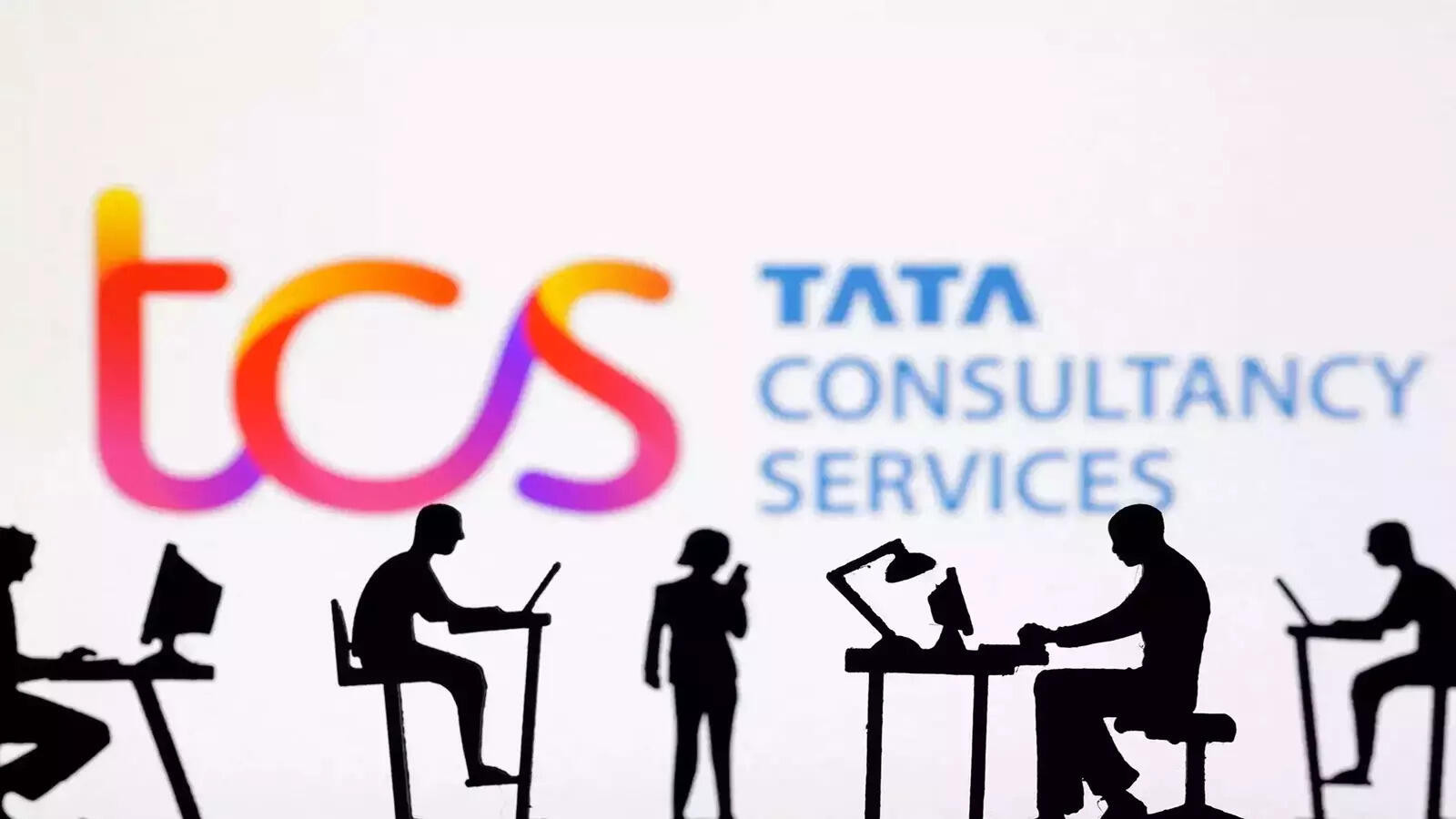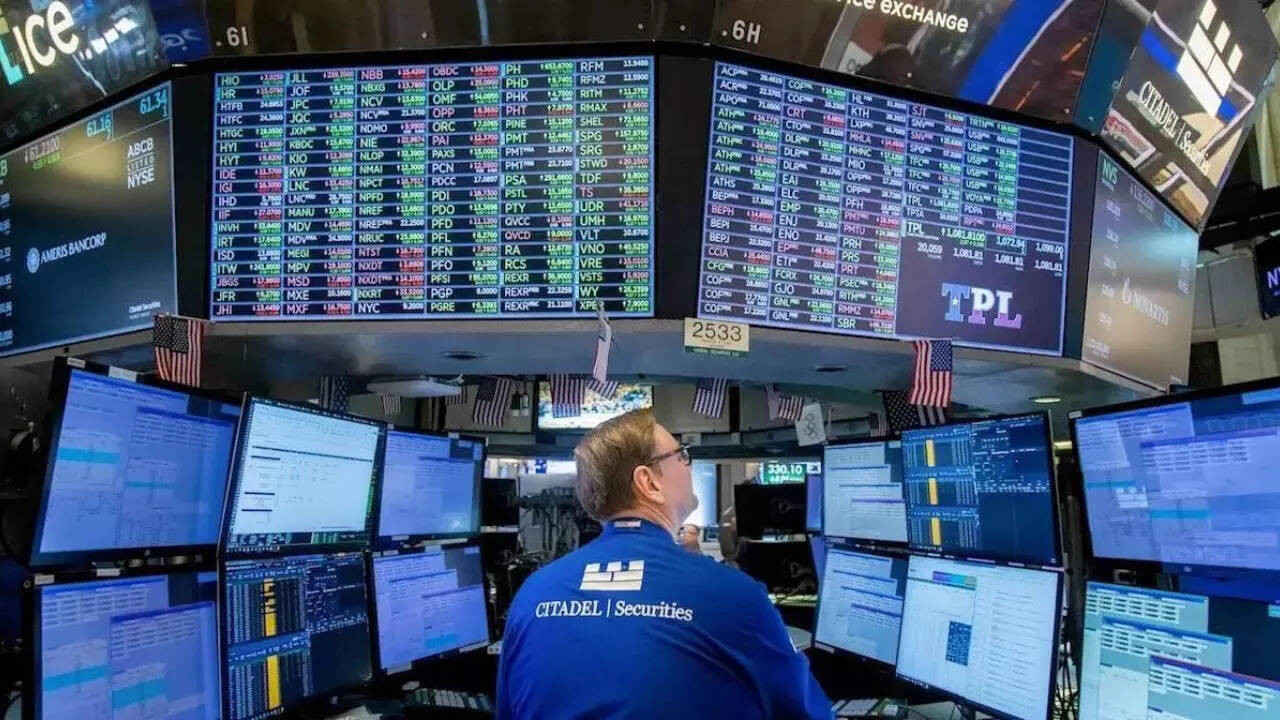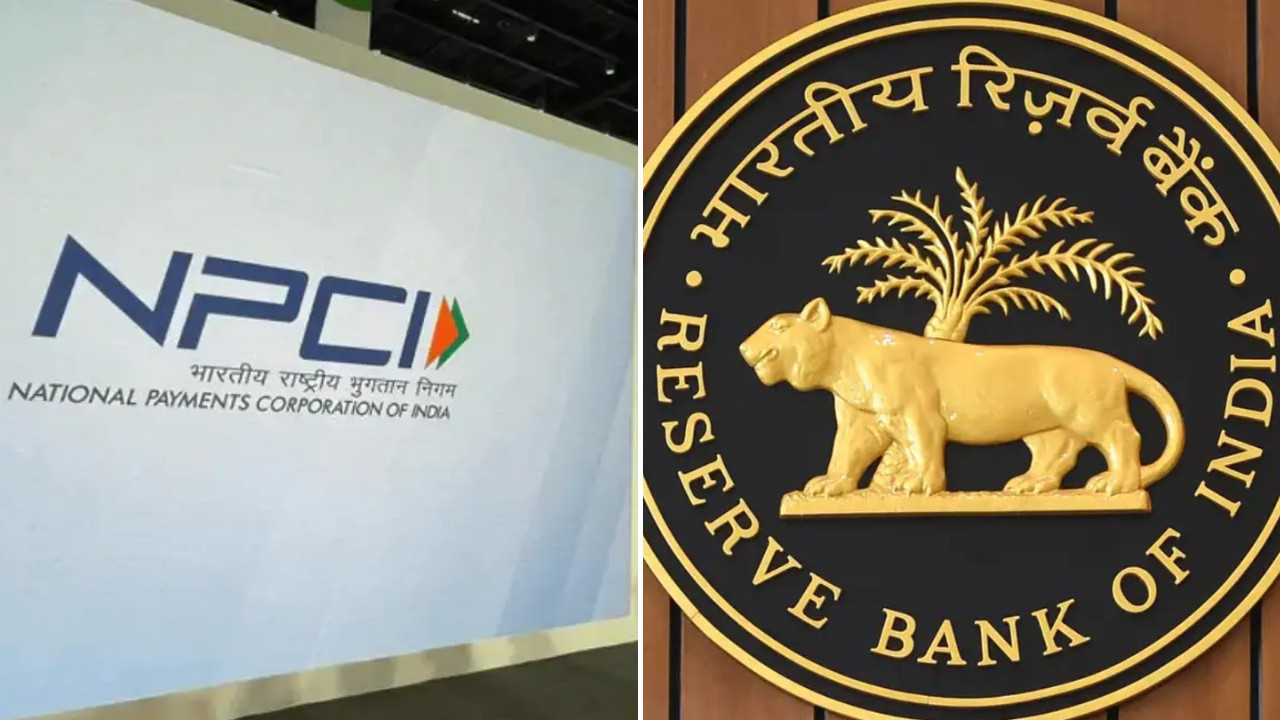Why TCS and Marks & Spencer Parted Ways: Beyond the Headlines
The world of IT services is rarely static. Contracts come and go, partnerships evolve, and sometimes, those shifts happen under the spotlight. Recently, Tata Consultancy Services (TCS), a global IT giant, found itself in that spotlight when its contract with British retail stalwart Marks & Spencer (M&S) wasn’t renewed. Naturally, speculation arose, and one UK media report even suggested a potential cyberattack as the culprit. TCS, however, has firmly dismissed those claims, offering a different perspective on the situation.
So, what really happened?
The reality, as TCS clarifies, is far less sensational. The non-renewal stems from a strategic decision by M&S to consolidate its supplier base. In essence, M&S is streamlining its IT partnerships, opting for fewer, larger collaborations. This drive for operational efficiency meant that some existing contracts, including the one with TCS, simply didn’t fit into the new, more streamlined vision.
TCS themselves stated: “The Marks & Spencer contract came up for renewal, and it was a joint decision not to renew this because of their strategy to consolidate suppliers.”
This explanation aligns with broader trends in the retail sector. Businesses are increasingly focused on optimizing their operations and leveraging technology to enhance customer experiences. Consolidating IT services can lead to cost savings, improved communication, and a more cohesive technology ecosystem. Think of it like Marie Kondo-ing your digital infrastructure – keeping only what sparks joy and efficiency.
Marks & Spencer’s Shifting Strategy: A Look Under the Hood
M&S’s decision underscores a larger strategic shift within the company. Over the past few years, the retailer has been actively working to modernize its operations, from supply chain management to online customer engagement. A key component of this transformation is a simplified and more integrated IT landscape.
By partnering with a smaller number of strategic IT providers, M&S aims to create a more agile and responsive technology environment. This allows them to quickly adapt to changing market demands and better serve their customers. It’s about moving faster and smarter in a competitive landscape.
The Impact on TCS and the Broader IT Services Landscape
While the non-renewal of the M&S contract might seem like a setback for TCS, it’s important to view it within the context of the company’s overall performance and strategy. TCS remains a global leader in IT services, with a diverse portfolio of clients and a strong track record of innovation.

The IT services sector is dynamic and competitive. Contracts are won and lost, and companies constantly adapt to evolving client needs. The M&S situation is a reminder that even the most successful IT providers must remain flexible and responsive to maintain their competitive edge. A well-defined business strategy is essential for long-term success.
Moreover, TCS has emphasized that this decision has not impacted their financial outlook. They’re moving forward, focusing on other opportunities and continuing to deliver value to their extensive client base. This resilience showcases the robustness of their business model.
Focusing on the Future: Business Strategy and Continued Innovation
The narrative surrounding the TCS-M&S contract highlights the importance of transparency and accurate information in the digital age. Misinformation can spread quickly, especially when it comes to high-profile business relationships. TCS’s prompt response in clarifying the situation demonstrates its commitment to maintaining trust and managing its reputation.
This episode also reinforces the idea that business partnerships are constantly evolving. Companies must be willing to adapt their strategies and relationships to remain competitive. For IT service providers like TCS, this means continuously innovating, delivering value, and building strong, long-term partnerships.
This change for M&S is part of a larger retail trend, too. See how others are responding with new investments in AI for retail applications.
In conclusion, the parting of ways between TCS and Marks & Spencer wasn’t due to a dramatic cyberattack, but rather a strategic realignment by M&S to consolidate its IT partnerships. This episode underscores the dynamic nature of the IT services landscape and the importance of adaptability, transparency, and a strong business strategy for continued success. While one contract ends, countless opportunities remain for innovation and growth.







